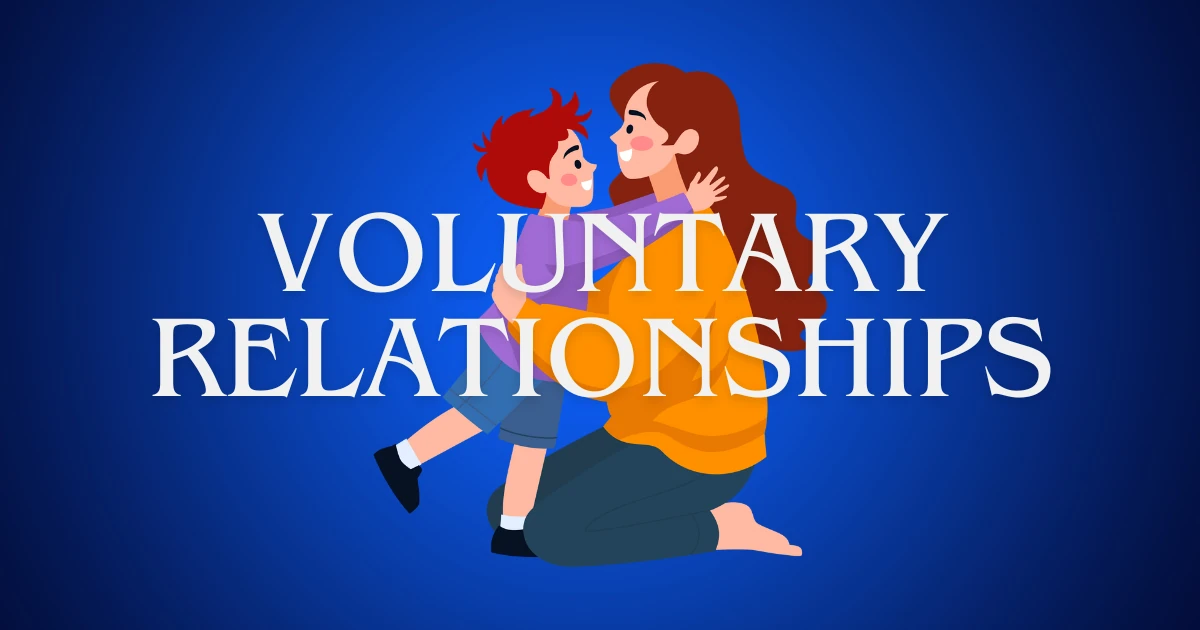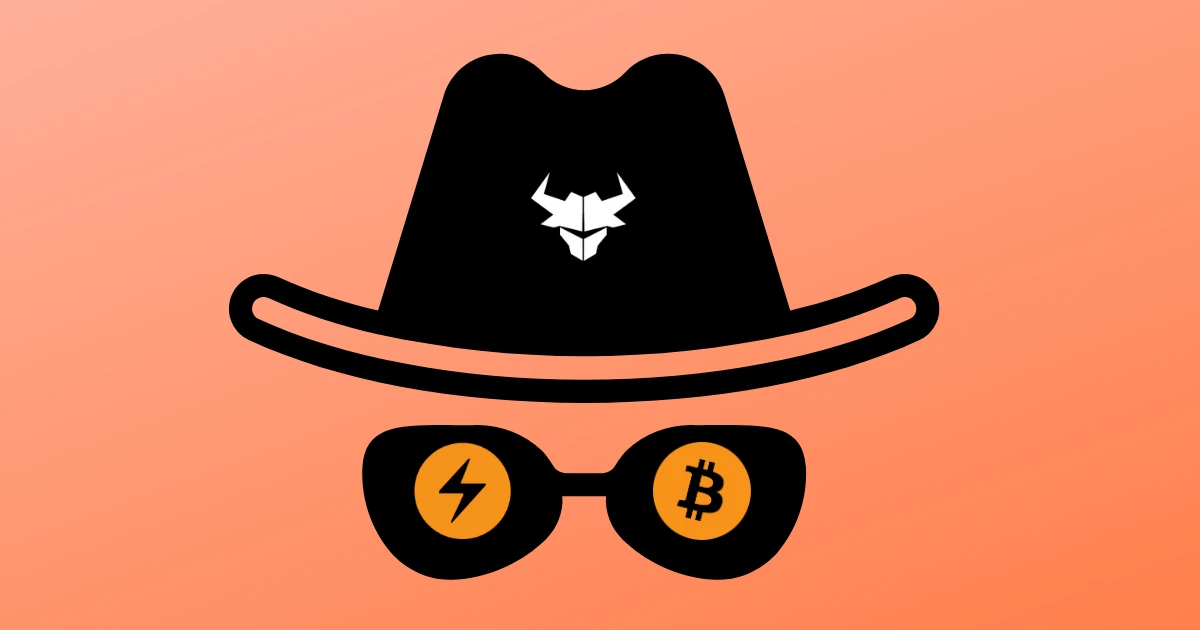Your Sovereign Family is a website about how to achieve freedom for parents and their children. We talk about bitcoin, birth and peaceful parenting.
But one of the most foundational building blocks of the sovereign family is the idea of voluntary relationships. This means being intentional about who you allow around your children—and understanding that all adult relationships are ultimately optional.
You Don’t Owe Anyone Access to Your Family
The only relationships you’re bound to are with your spouse and children. Everyone else—friends, relatives, neighbors—is optional.
That means it’s not just okay to cut ties with toxic people—it’s your responsibility. Your role as a parent includes being a gatekeeper, protecting your family from harmful influences.
Set Clear Standards For Who Enters Your Circle
Your standards for adult behavior should rise when children are involved. People in your child’s life should reflect your values—especially your values as a peaceful parent.
Too many adults carry unresolved trauma, use violence as discipline, or belittle children for simply being themselves. Your children deserve better.
Common Types of Abuse to Guard Against
You can’t raise sovereign children in a toxic environment. Here are some common forms of abuse that must be recognized and rejected:
Physical Abuse
At least 35% of American children are hit by their parents. Hitting is often a triggered response to a child’s pure, unfiltered behavior—and it breaks trust between parent and child.
Verbal Abuse
Yelling, mocking, gaslighting, and passive aggression are all verbal assaults on a child’s innocence. These behaviors may seem subtle but can have lifelong psychological effects.
Sexual Abuse
The most disturbing form of abuse, and one that must be acknowledged. Any sexual contact or behavior between an adult and a child is abuse, no matter how “mild” it seems. Read Protecting the Gift by Gavin de Becker to learn more about how to spot abusers.
Neglect
Neglect includes physical, emotional, or educational abandonment. Today, many children are neglected emotionally or left with screens to avoid parenting challenges. It’s damaging—and easy to miss.
Positive Parenting Values to Build Around
As a sovereign parent, it is your responsibility to look after your children. To do this effectively, you must constantly learn and grow. You need to be informed about medical care, birth, nutrition, education, technology, finance, and philosophy—everything necessary to raise your children into healthy, sovereign individuals.
It’s also essential to understand your own childhood experiences so you can avoid lashing out or lying to your children. Modern parenting is in a bad place, and it’s crucial to recognize where your parents went wrong. Empathy is key, especially if your parents failed to offer it.
Therapy and self-reflection can go a long way to help with this process.
As a sovereign family, peaceful parenting should be at the heart of your values. If you’re raising your kids without yelling, violence, and manipulation, you’ll want to surround yourself with people who share this philosophy.
For example, if you homeschool instead of sending your kids to daycare or public school, it can be harmful to expose them to children who are subjected to those environments.
Check out this video on The Truth About Daycare and how it can affect a child’s health and well-being.
You may also want to spend time with people who embrace rational authority—those who convince their children by setting a positive example instead of ordering them around.
Some of the best people I know embrace both peaceful parenting and bitcoin. It takes a certain pro-social and philosophical mindset to champion both causes.
Peaceful Parenting Values
Here are the main pillars of peaceful parenting:
- No Aggression – We treat our children without hitting, yelling, or coercion of any kind. Violence destroys the loving connection between parent and child.
- Children Are Rational Beings – Many parents treat their children like property, managing them all day. But children are rational and need to be reasoned with. Otherwise, they won’t learn to think or treat others with respect.
- Relationships Are Voluntary – All adult relationships, including family relationships, are voluntary. If a relationship is toxic—even with parents—you have the option to cut ties. The only obligations you have are to your spouse and children.
- No Punishment – Any form of punishment, including timeouts, is a form of domination, which is unethical and unloving. Children are rational and want to be good. You should lead with curiosity and reason.
- Parents’ Self Work is Essential – To parent well, you need to take an honest look at your own childhood—what worked and what didn’t. If you haven’t come to terms with your own experiences, it’s hard to respond to your kids with the clarity, strength, and patience they need.
Choose Your Relationships Carefully
Voluntary relationships mean that love is earned and maintained through virtue, not obligation. Love isn’t something you owe—it’s something that arises naturally in response to goodness. When virtues aren’t present—when someone is manipulative, cruel, or abusive—love simply can’t exist. Pretending it does isn’t virtuous; it’s self-betrayal. And you’ll teach your children to betray their own values as well.
That’s why it’s important to be true to your standards—not just for your own peace of mind, but because your children are watching. You’re showing them what self-respect looks like. You’re showing them that relationships should be chosen, not endured. And you’re showing them how to walk away when someone violates your values.
Ultimately, the people you bring into your family’s life shape your children’s understanding of love, self-protection, and connection. Choose your relationships wisely. Raising sovereign children in a sovereign family starts with the courage to say no—and the clarity to say yes only when it truly aligns with your values.



